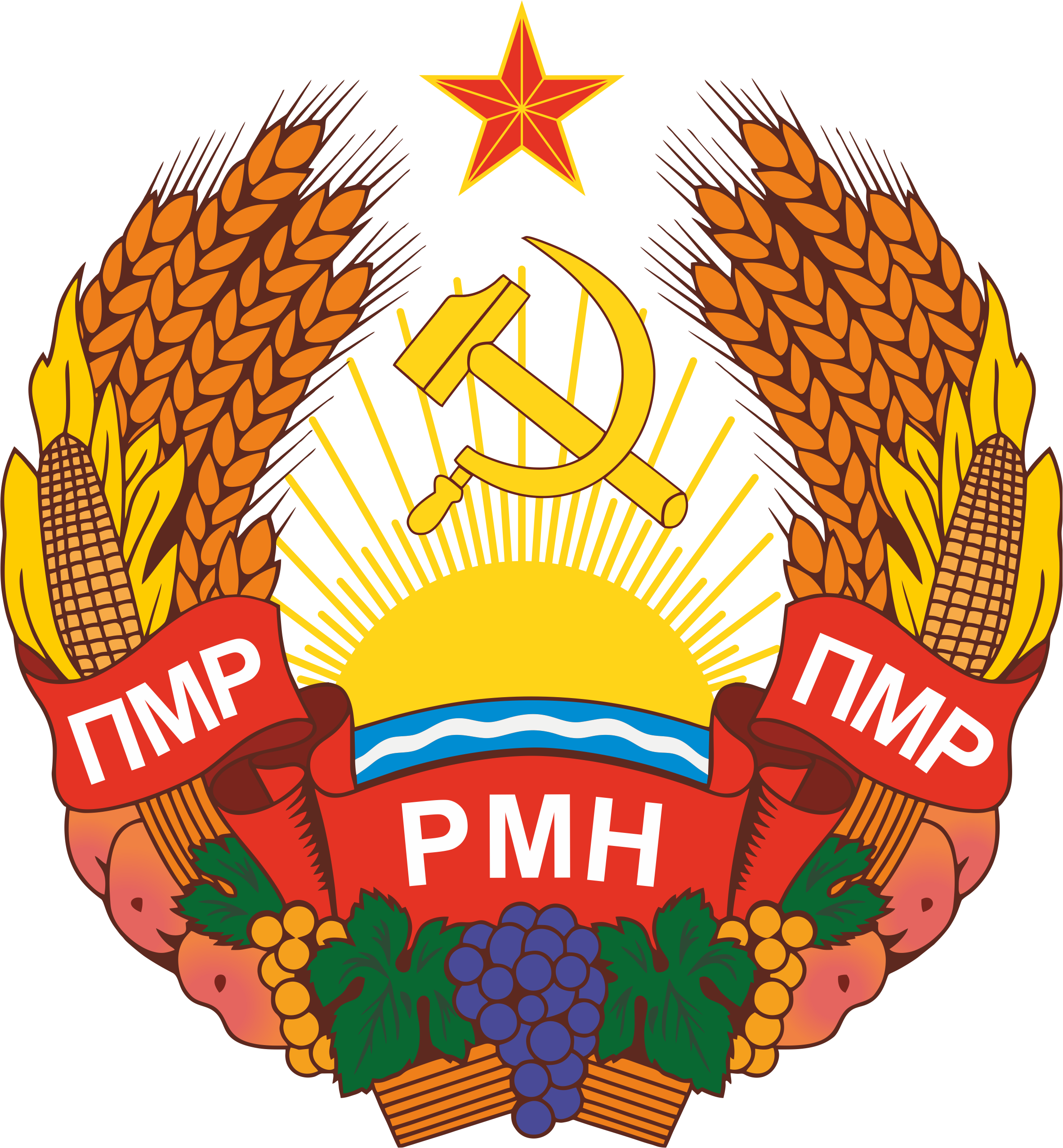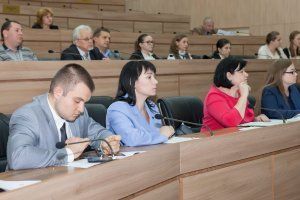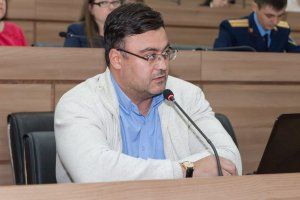Комитет по законодательству, правоохранительным органам, обороне, безопасности, миротворческой деятельности, защите прав и свобод граждан
The successful debut last year, a single day of voting has revealed, however, a number of issues that require legislative regulation. One of them - is voting of conscripts. Military units are part of the 22 polling stations. The Electoral Code clearly states that the military men passing military service by conscription and residing in the part and vote at the place of its dislocation. Lists of this category of voters were submitted to the Central Election Commission. On the eve of the election in 2015, the President conferred information about voters-servicemen the status of state secret and parallel to deprive Chairman of the Central Election Commission of access to such information. Thus it was significantly hampered preparations for the vote, and compliance with electoral procedures, especially in case of repeated or control the counting of votes, was defective. Documents were seized from the Central Election Commission. Later, the head of state returned the post of head of the Central Election Commission to the list of persons admitted to the state secret, but the seized documents have not been returned.
One of the "adamant", actively used more recently by President arguments - the Russian experience. Arguing the feasibility of the law-in-draft, the head of state emphasized that the Russian Central Election Commission Chairman admitted to constituting a state secret information by the RF President, but not the law. The parliamentarians in this regard, pay attention to the fact that in six years of existence of this order, only one change was made to it. The head of Pridnestrovian state at its disposal made adjustments to six times during the year. That is, deputies say, in this case to talk about the constancy, resilience and stability of such an important legal act is not necessary.
Another aspect to which the author refers to the veto is also interesting - the inadmissibility of the further expansion of the already excessive list of persons admitted to the state secret. The list is really extensive. By decision of the President there are all new and new subparagraphs in it. Leaders of JSC "Moldavian GRES" ZAO "Rybnitsa Cement Plant", JSC "Litmash", JSC "Moldovan Metallurgical Plant", JSC "Energocapital", LLC "Kamensky sanatorium "Dniester", JSC "Odema", NP ZAO "Elektromash", GUKP "Pridnestrovian railway", SI "The Pridnestrovian State TV and Radio company", "Odessa highway" Ltd., JSC "National forwarding company", "Tirasmet", CJSC "Tirotex", SUE "GC Dnestrenergo" are allowed to the state secrets. But the Chairman of the Central Election Commission, responsible for the proper functioning of democratic institutions, the right to vote, places it at some point was not found. Members of the parliamentary committee strongly opposed this approach and recommend to the plenary to overcome a presidential veto and to fix in the law "On State Secrets" the CEC head the right for access to the classified data.




 Законы ПМР
Законы ПМР Постановления
Постановления Законопроекты
Законопроекты Анонс мероприятий
Анонс мероприятий 0 (533) 6-24-24
0 (533) 6-24-24